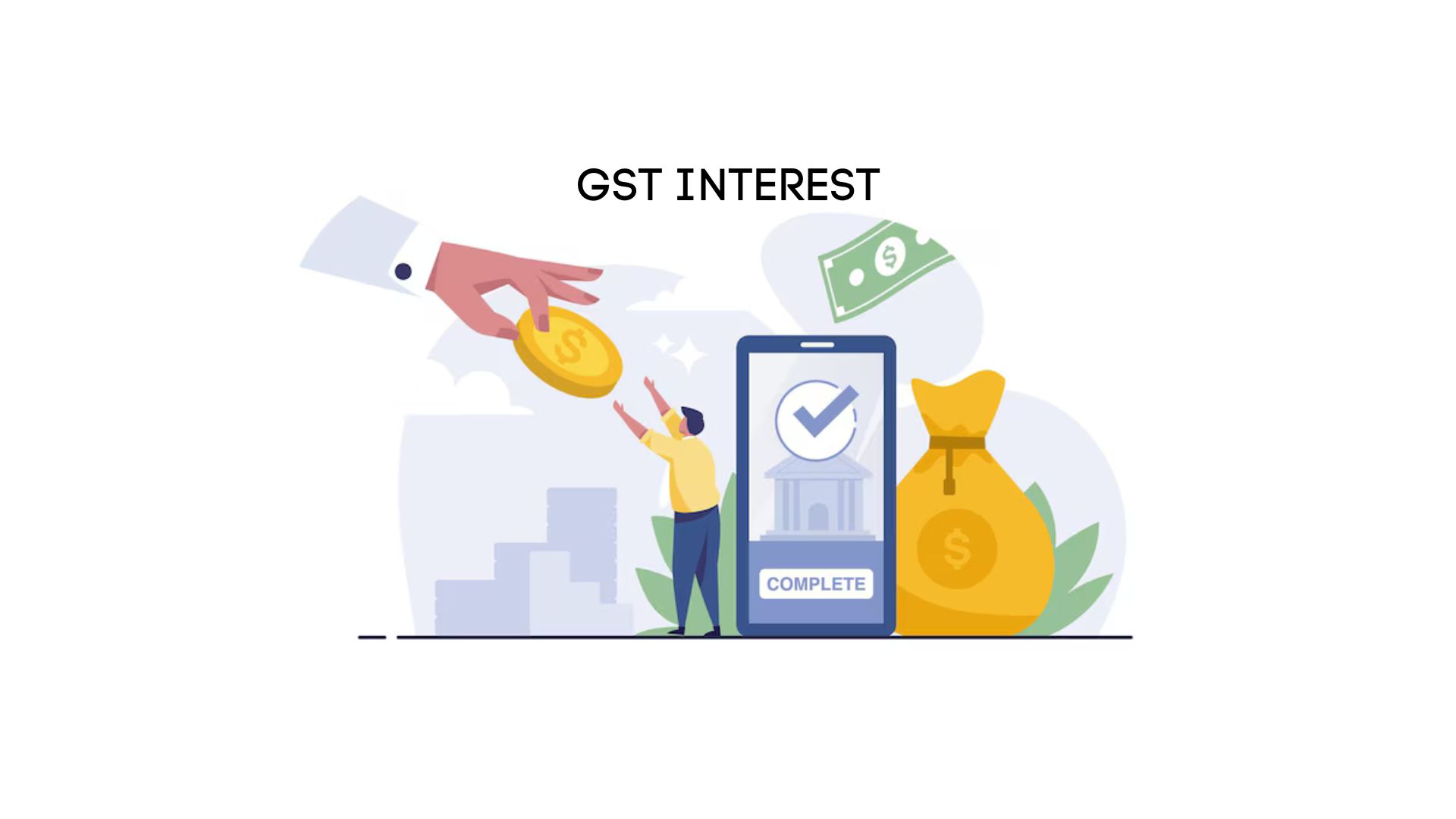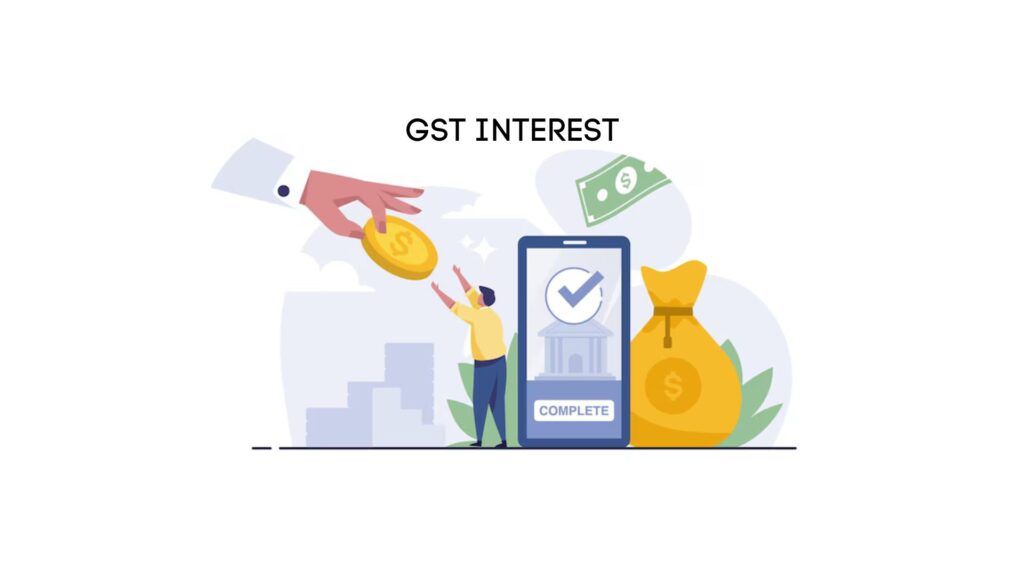
22 May Assessee Should Approach the Commissioner under Section 80 of the CGST Act to Seek Relief for Payment of Interest in Instalments

Introduction
Navigating the intricacies of tax laws can be daunting, especially when it involves penalties and interest on disputed amounts. Recently, the Hon’ble Madras High Court in the case of Best Recharge v. Deputy Commissioner (ST) GST provided critical guidance on how taxpayers can seek relief for interest payments on disputed tax amounts under the Central Goods and Services Tax Act, 2017 (“CGST Act”). This article delves into the specifics of this case, the relevant legal provisions, and the recommended steps for taxpayers in similar situations.
Facts of the Case
Background of the Petitioner
M/s. Best Recharge (“the Petitioner”) had availed excess Input Tax Credit (ITC) than what was available in their GSTR-2A. This discrepancy led the adjudicating authority to initiate recovery proceedings for the excess credit along with interest.
Initial Payment by the Petitioner
Before the adjudication order was passed, the Petitioner proactively deposited the excess ITC claimed. Despite this, the adjudicating authority’s Order in Original dated September 02, 2022, imposed a 24% interest rate on the excess ITC availed.
Appeal to the First Appellate Authority
Aggrieved by the high interest rate, the Petitioner filed an appeal under Section 107 of the CGST Act. The appeal sought to reduce the interest rate from 24% to 18% and to allow the payment of interest in instalments.
Rejection by the First Appellate Authority
On March 07, 2024, the first appellate authority (Appeal No. AP/GST/T/13/2023) rejected the Petitioner’s appeal. The rejection was based on the grounds that Section 107 of the CGST Act did not confer jurisdiction to reduce the interest rate or permit instalment payments.
Writ Petition before the Madras High Court
Following this rejection, the Petitioner filed a writ petition with the Madras High Court, seeking to quash the order of the first appellate authority and requesting a waiver of further interest payments.
Issue
The primary issue in this case was whether the Appellate Authority under Section 107 of the CGST Act has the jurisdiction to reduce the rate of interest on tax liability arising from the reversal of wrongfully availed ITC before the adjudication order under GST.
Held
Observations by the Madras High Court
The Hon’ble Madras High Court observed that the order passed by the first appellate authority did not suffer from any legal infirmities that warranted interference under Article 226 of the Constitution of India. The court emphasized that the adjudication process had followed due legal procedures.
Guidance for Relief Seeking
The court clarified that since the Petitioner had already paid the disputed tax, the only viable relief was to seek the payment of interest in instalments. However, such a request should be made to the Commissioner under Section 80 of the CGST Act.
Conclusion of the Court
The Madras High Court dismissed the writ petition, directing the Petitioner to approach the Commissioner for relief regarding the payment of interest in instalments.
Understanding Section 80 of the CGST Act
What is Section 80?
Section 80 of the CGST Act provides a mechanism for taxpayers to request the Commissioner to permit the payment of any amount due in instalments. This provision can be particularly useful for managing large, unexpected tax liabilities and associated interest payments.
When Can Taxpayers Use Section 80?
Taxpayers can invoke Section 80 when they face difficulties in making lump-sum payments of their tax dues, including interest. This section is designed to provide flexibility and relief, ensuring that compliance burdens do not become excessively punitive.
Steps to Approach the Commissioner under Section 80
- Filing an Application
Taxpayers need to submit a formal application to the Commissioner outlining their request for instalment payments. This application should include detailed reasons for the request and the proposed instalment plan.
- Documentation
Supporting documents such as financial statements, proof of financial hardship, and any previous correspondence with tax authorities should accompany the application. These documents help substantiate the need for relief.
- Review by the Commissioner
The Commissioner reviews the application and supporting documents. They may also request additional information or clarification during this process.
- Decision
Based on the review, the Commissioner will decide whether to grant the request for instalment payments. If approved, the Commissioner will specify the terms, including the number of instalments and the duration.
- Compliance
Taxpayers must adhere strictly to the instalment plan approved by the Commissioner. Failure to comply with the terms can lead to revocation of the instalment facility and immediate demand for the full amount due.
Implications for Taxpayers
Relief from Immediate Financial Burden
Approaching the Commissioner under Section 80 can provide significant relief from the immediate financial burden of large tax payments. This flexibility can help businesses manage cash flow more effectively.
Ensuring Compliance
While seeking relief, taxpayers must ensure that they remain compliant with the terms set by the Commissioner. Non-compliance can result in more severe penalties and interest.
Strategic Financial Planning
Businesses can incorporate the option of instalment payments into their strategic financial planning, particularly when dealing with large, unexpected tax liabilities.


No Comments